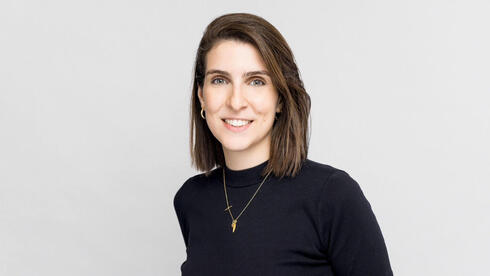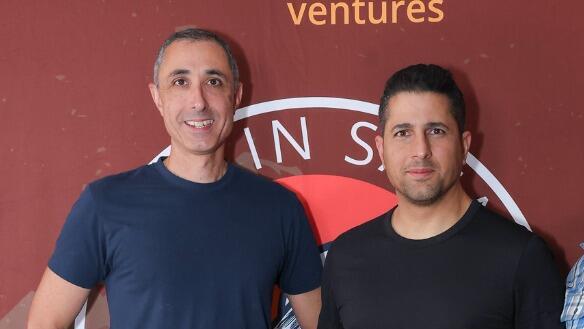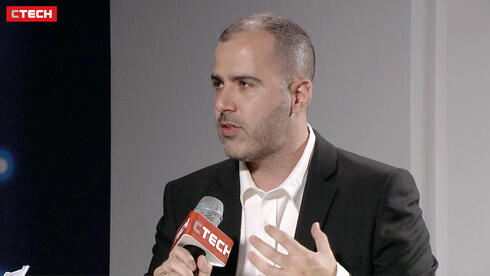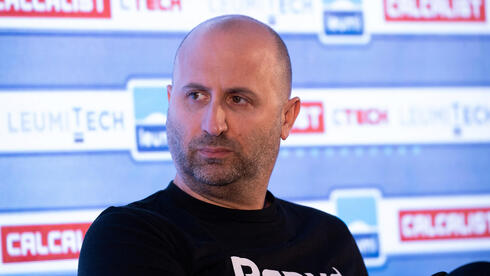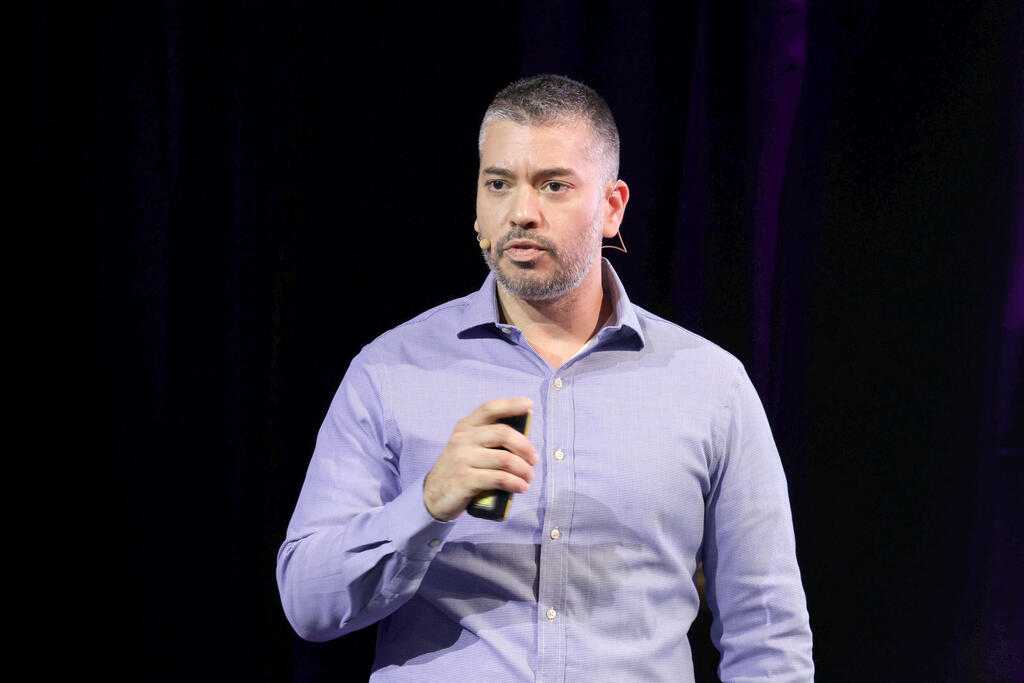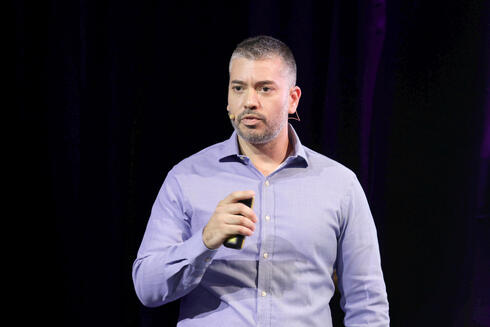
"AI systems can prevent significant patient misdiagnoses"
"AI systems can prevent significant patient misdiagnoses"
Shay Perera, co-founder and CTO of Navina, was speaking at Calcalist's AI conference.
"AI systems can prevent significant patient misdiagnoses," said Shay Perera, co-founder and CTO of Navina, at Calcalist's AI conference. "Many doctors miss important pieces of information. According to studies, one out of seven diagnoses is missed by doctors. For example, my father-in-law, Micha, complained of sleep problems and back pain, and we went to the doctor every few months. It was only after two years that we discovered he had cancer, and the information was already in his medical file. Because of the delay in diagnosis, the cancer had become much more aggressive. Doctors are overwhelmed by the amount of information they need to process and the heavy workload. They have less than two minutes to get to know you, which makes it easy for them to miss crucial details. This is where AI can help—by providing every doctor with a system that offers recommendations during the visit, reducing the risk of missing a critical diagnosis."
"We built an AI system that collects information from every possible source, runs models on it, and provides doctors with a prioritized list of recommendations for their patient visits. Every recommendation goes to the doctor for approval, and all the information is recorded in the patient’s file. One doctor told us, 'It's like having an extra pair of eyes when I’m with patients.'
"This system can assist doctors during their visits and help prevent mistakes. It can also make medicine more proactive by identifying who should be called in for check-ups, highlighting treatment gaps, and suggesting preventive care. An AI system will reduce the enormous burden on doctors, allowing them to focus on the patient rather than on gathering information. Doctors are sophisticated and often skeptical of anything that doesn’t add value, so it's challenging for them to adopt new technologies. Fortunately, we have over 7,000 doctors using our system every day, and 2 million patients are treated with it daily."




